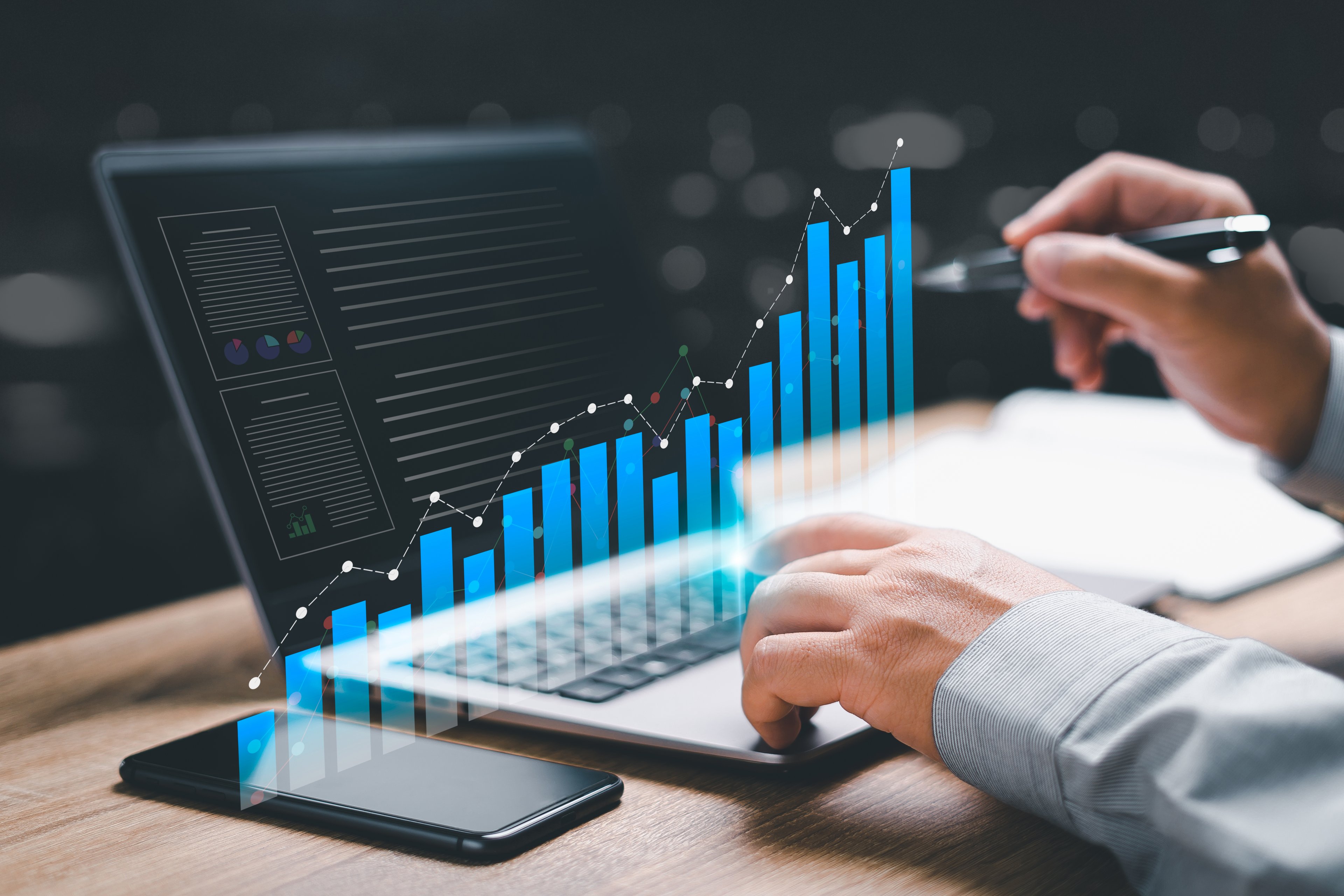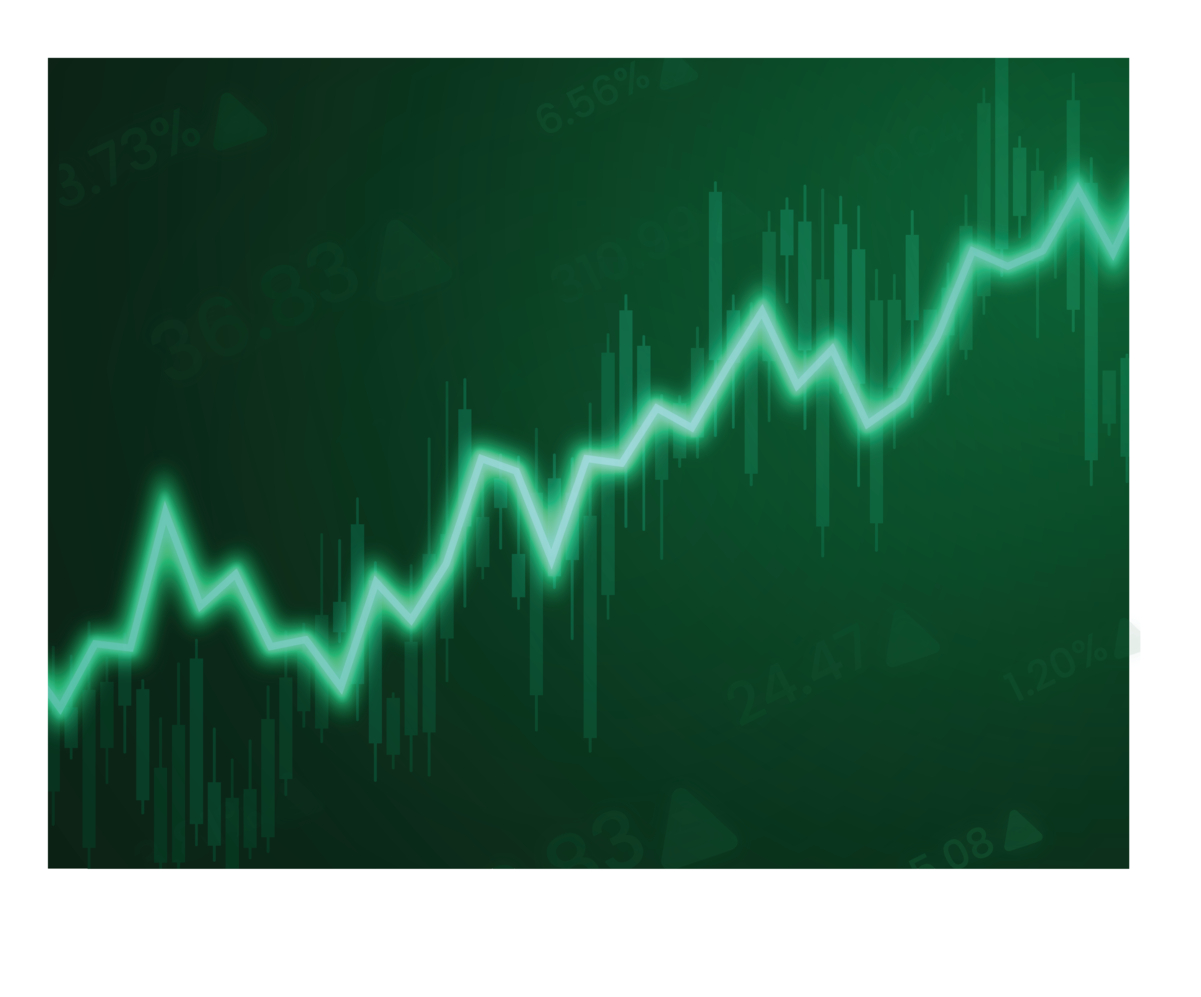It can be tempting to try to time the market, and get out before the crashes and recessions, but there's a mountain of research that suggests it's much better for investors to fight that urge and stay invested.
In this clip from Industry Focus: Tech, Motley Fool analysts Dylan Lewis and David Kretzmann go over some of that research and explain why it's so important to stay invested for years at a time, and not try to miss bad days or months. Also, they talk about the best thing an investor can do for their returns, and how investors should feel about buying into a bull market like this, where so many companies look a bit overvalued compared to their average prices.
A full transcript follows the video.
This video was recorded on April 21, 2017.
Dylan Lewis: I think a couple things that underpin why it's better to stay invested, even with the unpredictability of the market. There's a ton of volatility out there. Since 1928 -- this is a stat that I love -- the S&P 500 has lost 20% or more in six years -- 1930, 1931, 1937, 1974, 2002, and 2008. Aside from Great Depression years, in the following year of each 20% drop, the market has roared back with 25% or more return. So, the good and bad tend to follow each other very closely.
If you look at things on an individual basis, as well, JPMorgan puts out this guide to retirement every year, it's kind of an overview of asset allocation, different strategies, and they also looked at the impact of staying fully invested versus missing certain days in the market. Over 1996 to 2015, missing the 40 best days in the market takes your returns negative if you had been invested in the S&P 500, and six of the ten best days for the market during that period were within two weeks of the ten worst days. So, individually picking and looking at these individual indicators can be really difficult, and oftentimes the market tends to flip very quickly. Again, getting to timing, it's really difficult to nail that down.
David Kretzmann: Yeah. If you're hesitant to buy today, you have to figure out, what would make you a buyer of stocks? Would it be after a 10% drop? A 15% drop? A 30% drop? What are you waiting for to be a net buyer of stocks? And making that kind of timing decision is incredibly difficult. That's why you have great investors like Warren Buffett and Peter Lynch who say, "Do not do market timing, it's probably the worst thing you can do for your future returns as an investor." Often, psychologically, when the market is down 8%, you might think, "Oh, I'm just going to wait until it's down a little bit more, I'm going to wait for it to recover a little bit," and you get into these mind games where you're hurting your future returns, because making that timing decision of both when to buy and when to sell, it just raises the probability that you're going to mess up somewhere along the line. As you've outlined in a nice way, Dylan, the key is to be invested through the good and the bad times. I know later in the show, we'll talk about some different ways that you can invest in a way that you're still comfortable and you're sleeping well at night, which is what you should do.
But the best thing you can do as an investor, the main advantages you have, here at the Fool, we believe, first, in, investing in individual companies. So, you have to factor that in. You're not necessarily buying an index fund, or buying a whole collection of companies. You're focusing on individual businesses. As an individual investor, your main advantages are, you can try to find and invest in and hold the greatest businesses out there -- the Apples, the Alphabets, the Facebooks, the Amazons, those kinds of companies -- and then you can also hold for a really long time. On Wall Street, the average holding period for a stock is now less than six months. Back in 1960, it was over eight years. The average holding period for a stock today is weeks or months. But, as an individual investor, you can say, "I'm just going to tune out that short-term noise. I want to invest in great businesses. I don't care about what's going to happen over the next year or two, I'm more interested in, what is Amazon or Facebook or Apple going to look like in 10 or 15 years, not what they're going to look like in the next year."
So, as an investor, the best thing you can do is lengthen your holding period, or your time horizon. Our former Fool colleague Morgan Housel has done some incredible research on this, looking back at historical S&P 500 data going back to 1870. He found, if you had held a stock for one year, basically looking at every incremental one-year period going back to 1871, if you just held for one year, it's basically like flipping a coin. One year you will be up, one year you'll be down. It's flipping a coin, basically gambling, if you're just trying to predict where things are going to go where things are going to go over the next year. But if you lengthen that out to five years, 10 years, 20 years, the odds of you making money at the end of those longer holding periods increases each time. There's actually been no 20 year period that if you had bought and held the S&P 500 over 20 years where you lost money. That's after inflation. That includes the Great Depression, it includes the Great Recession. Really, the message there is, the No. 1 best thing you can do as an investor to guarantee higher returns is to lengthen your time horizon.
Lewis: You talked about investing in individual companies. I think that's something that can get lost in the huge macro stories we see. Very often, will something that is a sweeping macro issue really impact a company like Facebook? The fundamentals that underlie the businesses that you're investing in probably aren't touched all that much by something like rising interest rates. Yes, it will at least be something that impacts of broad market, but they still have the user growth they have, they still have the base of advertisers that are happy to put stuff on their platform. So, you have to remember that you're investing in the individual business, and while it's scary that there might be some rumors circulating about cataclysmic stuff going on in the market, the fundamentals of that business are really what's underpinning your investment.
Kretzmann: Definitely. Within the Odyssey II portfolio in Supernova that I head up with a team of a few other Fools, I will admit that we are having a harder time finding glaring bargains with individual companies right now. Stocks are, for the most part, more expensive than they typically are. You get outside of your comfort level a little bit. But we're tasked every month with managing this real money portfolio, and we have to make a purchase every month. The approach we take there is just focusing on the individual businesses. We'll build up positions in companies over time. I think at a time like this, you want to build positions in companies that you'll be comfortable adding to if they go on sale 20%, if they go down 20% to 40%. So, maybe that's Amazon, maybe it's Alphabet. Whatever it is, companies that you feel pretty confident will be around over the next 10-15 years, companies that are generating strong cash flow, maybe they pay a dividend, maybe you start with a small position and then say, "You know what? I would actually really be happy if I could buy this company for a 30% discount, because I don't care where it'll be in a year or two. I'm more interested in the next five to 10 years or more."





